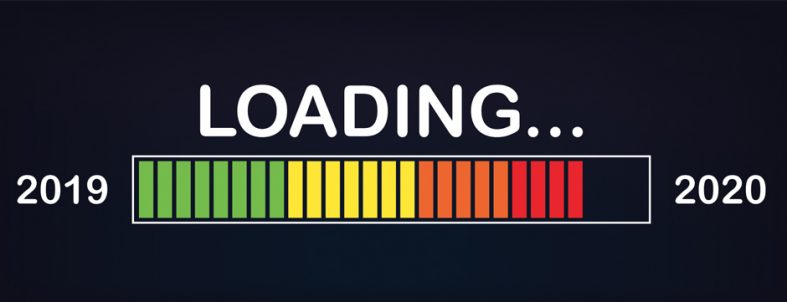By Eric Harding
It’s that time of year again. Changing the calendar seems like a natural time to take stock of where we are in life—and where we want to be. For some of us, that assessment leads us to undertake the oft-maligned New Year’s resolution.
Yes, maligned. December and January are full of articles explaining why resolutions don’t work: They encourage an all-or-nothing mentality, habits are too hard to break, people don’t really change. It’s enough to put a damper on one’s holiday spirit.
But rather than deride these annual pledges toward self-improvement, I try to view them as aspirational acclamations. And indeed, I have a few to share with you, my loyal readers—one or two of them could bear fruit for Contingencies.
- I’d like to read more for pleasure. Because I read and edit as a vocation, I often find myself vegging out in front of a screen rather than cracking open a novel during my free time. I once read voraciously; rediscovering the joys of curling up with a good book is tops on my list for 2020.
- I want to launch a series of web exclusives on contingencies.org. The magazine comes out on the first of every odd month; every even month, I plan to give you a reason to visit the magazine website—perhaps an interview, an update to a favorite story, or a featurette that didn’t fit into the printed edition.
- I’d like to continue to work on my golf game. (This one should be easy.)
- I want to play more board games in 2020. Maybe a periodic column reviewing new games could be a good fit for these pages…?
There—one doesn’t want to go overboard. I believe these resolutions are reasonable and achievable. And so long as I go into the New Year with the right mindset, even a slight directional shift in some of these areas will be fulfilling.
This issue’s features can all be seen as responding to the age-old practice of making New Year’s resolutions.
For many, a new year is a good time to look for a new job … or even a new career. Someone who dials up CareerCast.com looking for the best careers would find “data scientist” near the top. In “Is ‘Data Science’ an Existential Threat for Actuaries?” David L. Driscoll weighs in on what the hottest new trend means for the actuarial profession. (Spoiler alert: I wouldn’t throw away those actuarial credentials just yet.)
Some folks may be entering 2020 resolving to make better decisions. “Predictably Irrational” can help; it aims to explain why people sometimes make choices that seem to subvert their own self-interest. Indeed, this branch of behavioral economics has a lot to tell us about actuarial science—the overlap may surprise you.
Finally, some people want to take control of their health this year. In a growing number of states, that can include taking control of “death with dignity” when a person has a terminal diagnosis. How can actuaries think about this phenomenon—physician-assisted suicide—from a health, life, and pension perspective? Author Jeff Reeves tackles this important subject with grace in “Calculating Death With Dignity.”
Thank you, as ever, for reading. I hope you resolve to join Contingencies this year for more actuarial adventures.





